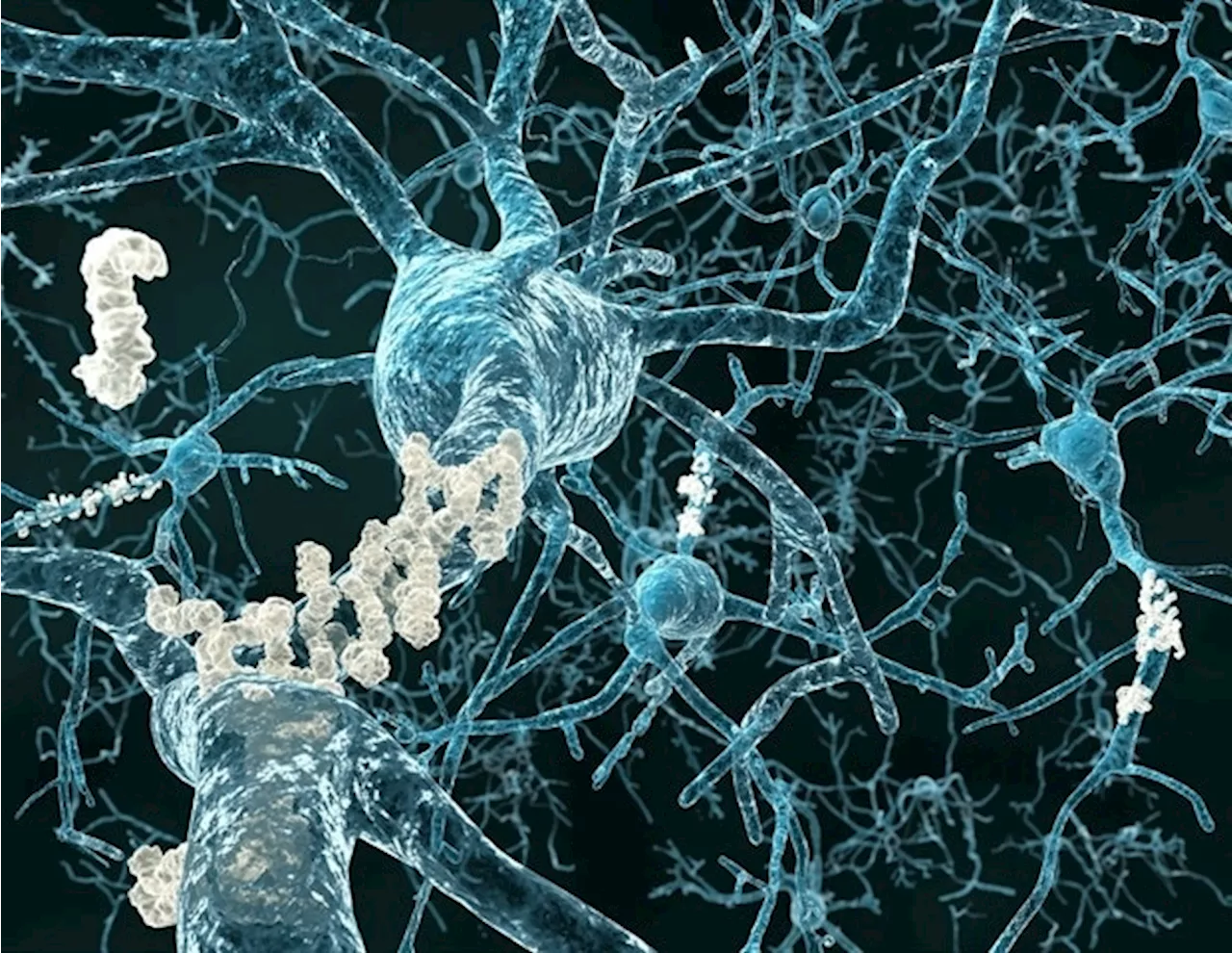Data from the Anti-Amyloid Treatment in Asymptomatic Alzheimer's (A4) study, the first and largest clinical trial of pre-symptomatic Alzheimer's disease, is now widely available to researchers studying the condition.
Keck School of Medicine of USCJul 24 2024 Data from the Anti-Amyloid Treatment in Asymptomatic Alzheimer's study, the first and largest clinical trial of pre-symptomatic Alzheimer's disease, is now widely available to researchers studying the condition. The comprehensive dataset has already yielded key insights about Alzheimer's disease, which affects nearly seven million people in the United States, and sharing the data opens avenues for further progress.
Paul Aisen, MD, co-leader of the A4 study and a professor of neurology and founding director of the Alzheimer's Therapeutic Research Institute at the Keck School of Medicine of USC A wealth of data The A4 study, a public-private partnership between the National Institutes of Health's National Institute on Aging, Eli Lilly and Company, the Alzheimer's Association, GHR Foundation and several philanthropic groups, was launched in 2014.
A4 researchers have already gained valuable knowledge from the data they collected, including that the progressive buildup of amyloid in the brain is closely linked to corresponding declines in memory and cognition. They also found that a blood test can be used to track amyloid buildup early in the disease. In 2024, Robert A. Rissman, PhD, a professor of physiology and neuroscience, the W.M.
The data discovery and download interface was enabled by the Global Research and Imaging Platform , a nonprofit focused on optimizing the ability of researchers to find and use data.
Aging Alzheimer's Disease Blood Blood Test Brain Efficacy Genetic Genetic Information Hospital Imaging Medicine Neurology Protein Research
Canada Latest News, Canada Headlines
Similar News:You can also read news stories similar to this one that we have collected from other news sources.
 Comprehensive study of telemedicine adoption in U.S. hospitals reveals progress and challengesA new study led by Michigan State University researchers shows a significant increase in telemedicine services offered by U.S. hospitals from 2017 to 2022, while also highlighting persistent barriers to its full implementation.
Comprehensive study of telemedicine adoption in U.S. hospitals reveals progress and challengesA new study led by Michigan State University researchers shows a significant increase in telemedicine services offered by U.S. hospitals from 2017 to 2022, while also highlighting persistent barriers to its full implementation.
Read more »
 Data from largest Phase III trial of pre-symptomatic Alzheimer's disease now shared with scientists around the worldData from the Anti-Amyloid Treatment in Asymptomatic Alzheimer's (A4) study, the first and largest clinical trial of pre-symptomatic Alzheimer's disease, is now widely available to researchers studying the condition.
Data from largest Phase III trial of pre-symptomatic Alzheimer's disease now shared with scientists around the worldData from the Anti-Amyloid Treatment in Asymptomatic Alzheimer's (A4) study, the first and largest clinical trial of pre-symptomatic Alzheimer's disease, is now widely available to researchers studying the condition.
Read more »
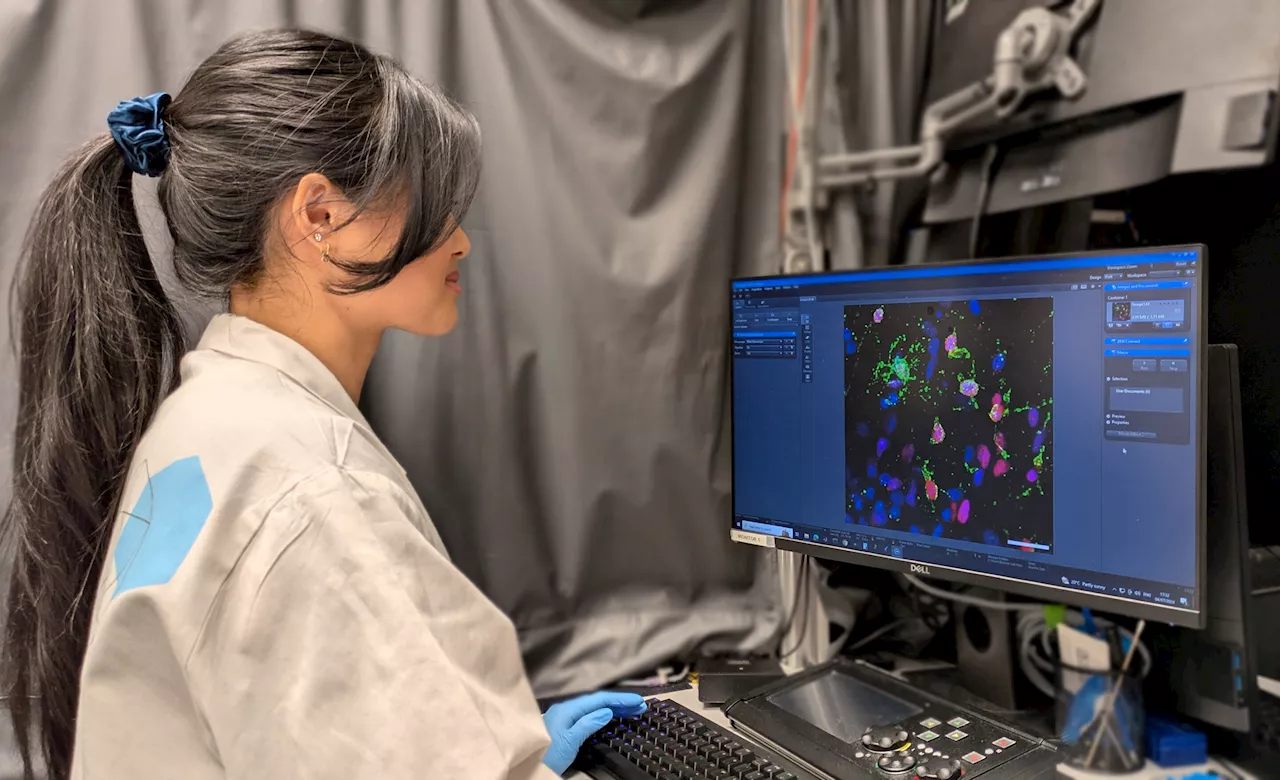 Alzheimer's disease: Study suggests targeting oligodendrocytes could help reduce amyloid beta productionOligodendrocytes are an important source of amyloid beta (Aβ) and play a key role in promoting neuronal dysfunction in Alzheimer's disease (AD), according to a study published July 23, 2024 in the open-access journal PLOS Biology by Rikesh Rajani and Marc Aurel Busche from the UK Dementia Research Institute at University College London, and...
Alzheimer's disease: Study suggests targeting oligodendrocytes could help reduce amyloid beta productionOligodendrocytes are an important source of amyloid beta (Aβ) and play a key role in promoting neuronal dysfunction in Alzheimer's disease (AD), according to a study published July 23, 2024 in the open-access journal PLOS Biology by Rikesh Rajani and Marc Aurel Busche from the UK Dementia Research Institute at University College London, and...
Read more »
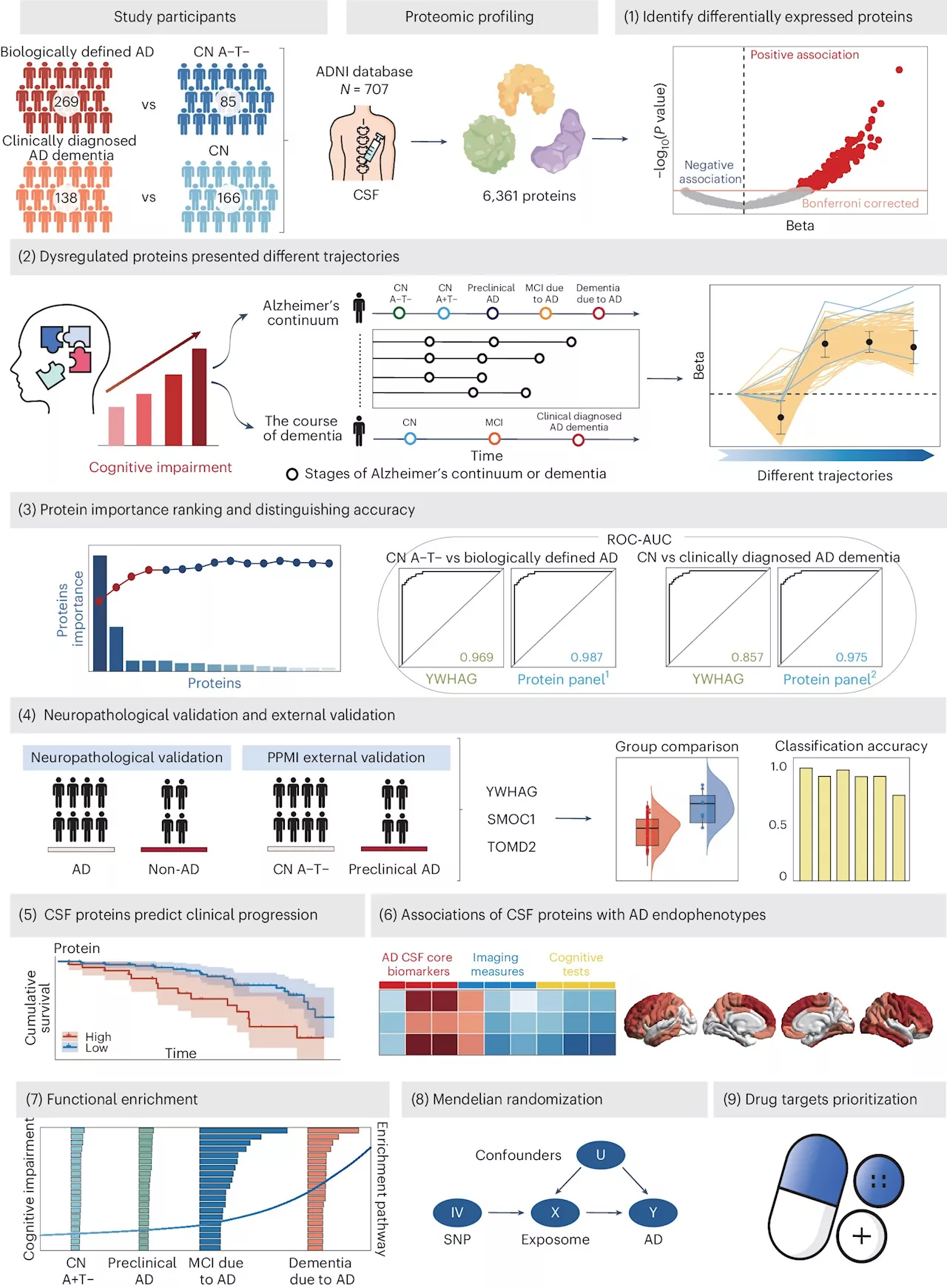 Study identifies new biomarkers of Alzheimer's diseaseRecent advances in the study of proteomes (i.e., the entire range of proteins expressed by human cells and tissues) have opened new opportunities for identifying the biological markers of specific diseases or mental disorders. This could in turn inform the prevention, diagnosis and treatment of these medical conditions.
Study identifies new biomarkers of Alzheimer's diseaseRecent advances in the study of proteomes (i.e., the entire range of proteins expressed by human cells and tissues) have opened new opportunities for identifying the biological markers of specific diseases or mental disorders. This could in turn inform the prevention, diagnosis and treatment of these medical conditions.
Read more »
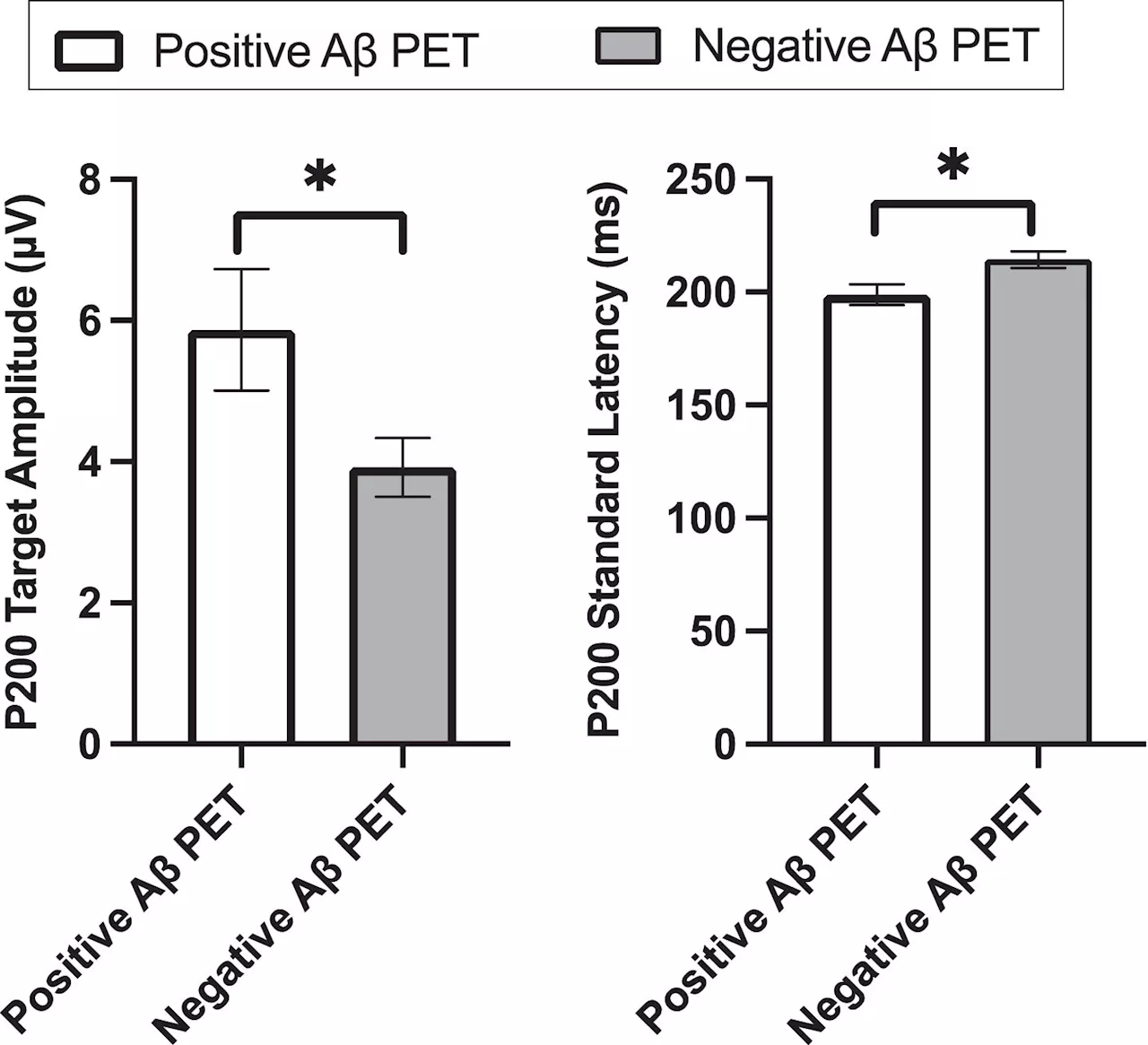 Study validates diagnostic tool for identifying amyloid beta plaques, the hallmark of Alzheimer's diseaseAmyloid PET scans provide in-vivo evidence of Alzheimer's disease (AD) pathology. However, due to their high cost and limited insurance coverage, they are not widely used in clinical settings outside of the VA Healthcare System.
Study validates diagnostic tool for identifying amyloid beta plaques, the hallmark of Alzheimer's diseaseAmyloid PET scans provide in-vivo evidence of Alzheimer's disease (AD) pathology. However, due to their high cost and limited insurance coverage, they are not widely used in clinical settings outside of the VA Healthcare System.
Read more »
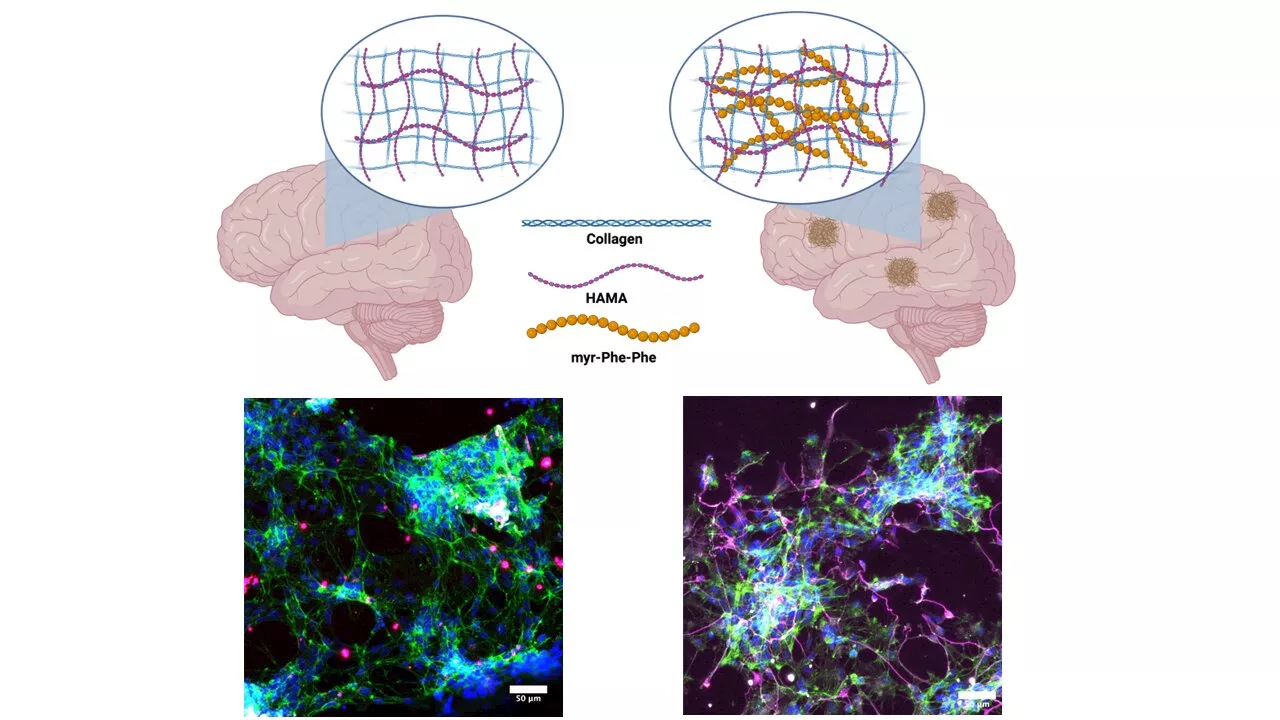 Study reveals insights into Alzheimer's disease mechanisms through novel hydrogel matrixResearchers at the Terasaki Institute for Biomedical Innovation (TIBI) have unveiled a pioneering study shedding light on the intricate mechanisms underlying Alzheimer's disease (AD).
Study reveals insights into Alzheimer's disease mechanisms through novel hydrogel matrixResearchers at the Terasaki Institute for Biomedical Innovation (TIBI) have unveiled a pioneering study shedding light on the intricate mechanisms underlying Alzheimer's disease (AD).
Read more »
